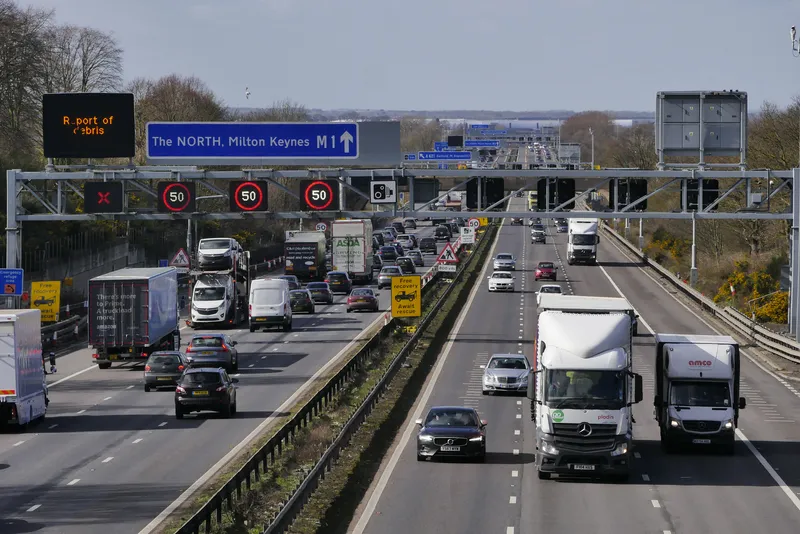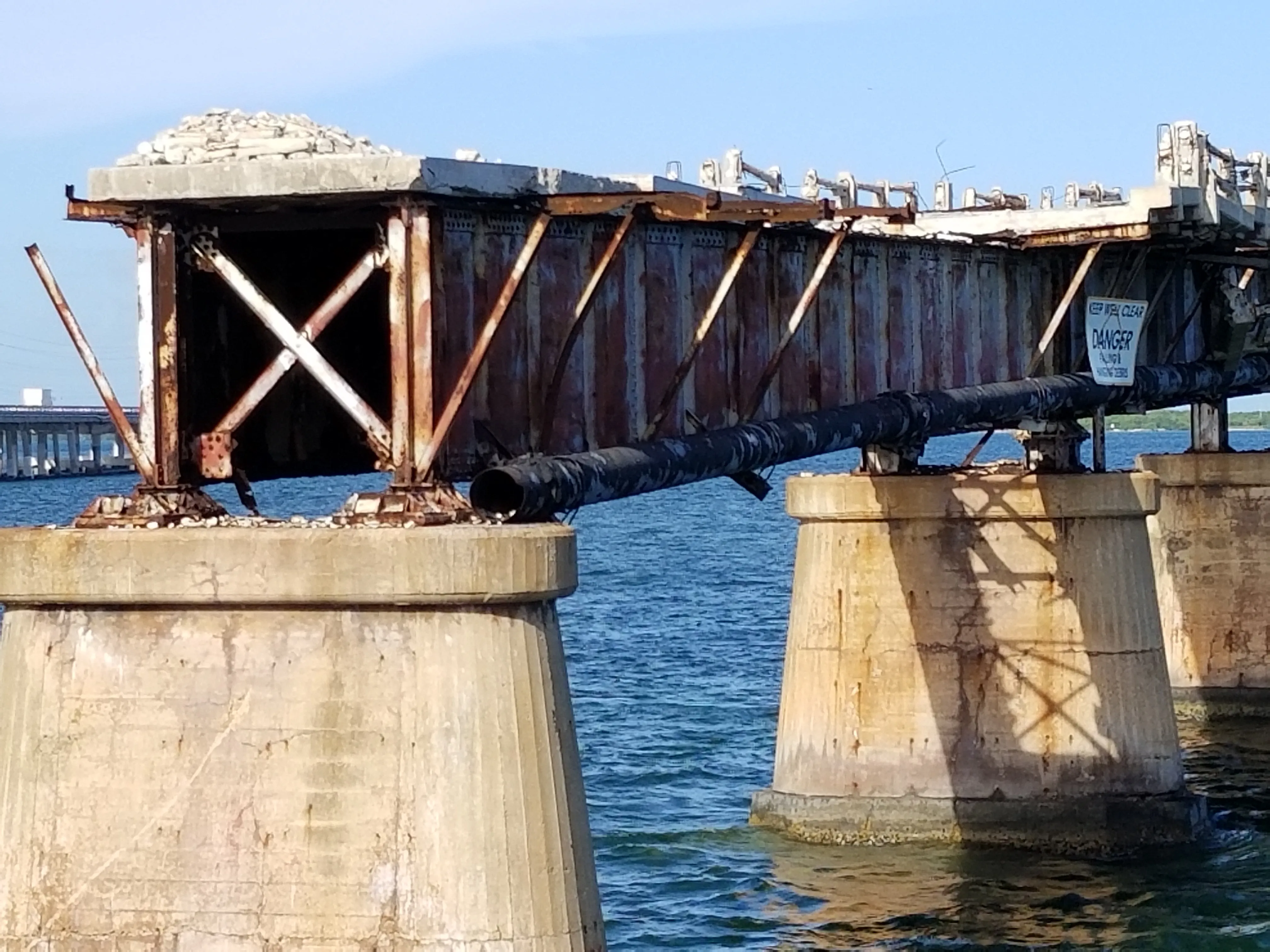
England’s National Highways agency is being investigated because “performance has dipped in a number of areas”, the independent regulator Office of Rail and Road announced.
A report published last July noted several risk areas where problems could arise and which have now done so, according to UK media reports. These surround the delivery of major schemes and management of road assets under the five-year plan RIS2 – Road Investment Strategy 2, launched in 2020.
According to UK media, the ORR sent a letter to the National Highways chief customer and strategy officer Elliot Shaw, outlining the concerns of the ORR.
“Whilst each individual item of concern is potentially manageable, the number and breadth of our concerns, the repetitive nature of many concerns, and the proximity to the end of the road period, means that we consider that a more formal approach to assessing National Highways’ performance is now appropriate.”
The letter went on to emphasise that this investigation “is about understanding how National Highways is learning lessons and embedding them in its approach to delivering the RIS. It is not necessarily about resolving individual items”.
The agency manages England’s Strategic Road Network that takes in motorways and some major A-class highways – a total of 7,240km. The SRN is the most heavily used part of England’s roads, carrying a third of all traffic and two-thirds of all freight, according to the agency.
Upon its launch, RIS2 committed the central government to spend €32.02 billion (US$34.5 billion) on building new roads as well as road improvements to “reduce the negative impacts of the existing SRN” and “make the network safer, more reliable and more sensitive to the places through which it runs”.
The Lower Thames Crossing and the Stonehenge Tunnel are among the major projects that the agency wished to start by 2025. But due to planning hold-ups, the schemes have been moved forward to what will be RIS3, the next funding regime up to 2030.
The ORR will consider whether National Highways is meeting its performance target metrics and if it has done enough to reach them. Despite the investigation, though, ORR has said that National Highways has achieved many of its aims and delivered improved roads.







